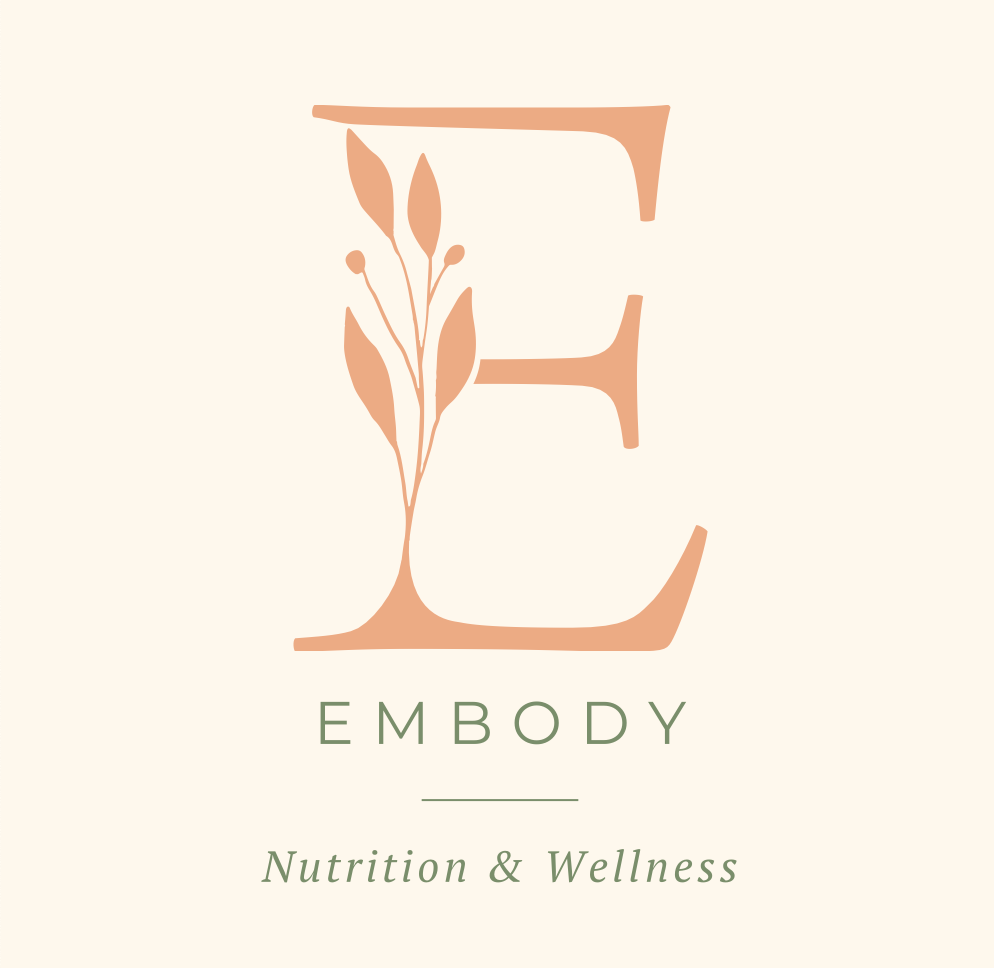How Your Gut Health Shapes Your Baby’s Future
We often think of pregnancy nutrition as fueling your body and your growing baby — but did you know your gut microbiome plays one of the most powerful roles in shaping your baby’s lifelong health?
Your microbiome is the community of bacteria, fungi, and other microbes that live in your digestive tract. During pregnancy, these microbes do much more than support your digestion — they influence your baby’s developing immune system, metabolism, and even brain development.
Let’s explore how your gut health becomes your baby’s foundation.
1. Your Microbiome Helps Build Baby’s First Gut Bacteria
During pregnancy, your gut microbes and the compounds they produce can cross the placenta. These microbial signals help “train” your baby’s immune system and support gut-brain communication even before birth.
At delivery, your baby’s first major microbial exposure happens through the birth canal and your gut flora. Babies born vaginally receive beneficial bacteria that help establish a healthy gut microbiome — something that’s linked to lower risk of allergies, obesity, and autoimmune diseases later in life.
In contrast, cesarean birth often results in delayed or altered microbial colonization. Research shows these babies tend to have higher rates of eczema, asthma, and metabolic disorders — highlighting how impactful that first bacterial “inoculation” can be.
2. Breast Milk Reflects Your Gut Health
Your gut also influences the bacterial composition of your breast milk, which contains beneficial microbes and prebiotic compounds that continue to seed and nourish your baby’s microbiome.
A healthy maternal microbiome is associated with a bifidobacteria-rich infant gut — a pattern linked to lower infection rates, reduced allergies, and stronger immune resilience.
Formula feeding, antibiotic exposure, or maternal dysbiosis (an imbalance in gut bacteria) can interrupt this process and increase the risk of chronic conditions in childhood.
3. When Maternal Gut Health Is Out of Balance
When the gut microbiome becomes imbalanced — due to poor diet, antibiotic use, stress, infection, or metabolic changes — it’s called gut dysbiosis.
During pregnancy, dysbiosis has been linked to complications such as:
Gestational diabetes
Preeclampsia
Preterm birth
And for the baby, maternal dysbiosis is associated with higher lifetime risks of:
Asthma and eczema
Food allergies and celiac disease
Obesity and type 2 diabetes
Neurodevelopmental challenges
Your gut truly sets the tone for your child’s immune, metabolic, and neurological development — from the womb through early life.
How to Support a Healthy Maternal Microbiome
The exciting news is that your microbiome is highly modifiable — and what you do during pregnancy can make a meaningful difference for both you and your baby.
Diet:
A whole-food, fiber-rich diet supports beneficial gut bacteria and the production of short-chain fatty acids (SCFAs), which promote immune tolerance and metabolic balance.
Prebiotics:
These are the fibers that feed your good bacteria. Studies show that prebiotic supplements like galacto-oligosaccharides (GOS) and fructo-oligosaccharides (FOS) during pregnancy can increase beneficial Bifidobacteria in both mom and baby, promoting immune tolerance and potentially reducing the risk of allergies.
Probiotics:
Clinical research supports that certain probiotic strains taken during pregnancy can reduce maternal infections, shape the infant microbiome toward beneficial species, and even lower infection risk in infants — particularly those born via C-section.
Lifestyle:
Managing stress, getting adequate sleep, and limiting unnecessary antibiotic exposure also help maintain microbiome balance during pregnancy.
This Is What I Help Moms Do
In my practice at Embody Nutrition & Wellness PLLC, I help mothers nourish their microbiome through simple, sustainable nutrition strategies — using food, targeted supplementation, and lifestyle support.
By supporting your gut, you’re not just improving your digestion or immunity.
You’re laying the foundation for your baby’s lifelong health.
References
Walker WA.
Pediatric Research. 2017;82(3):387-395. doi:10.1038/pr.2017.111.
Sajdel-Sulkowska EM.
Microorganisms. 2023;11(9):2199. doi:10.3390/microorganisms11092199.
3. Factors Affecting Early-Life Intestinal Microbiota Development.
Vandenplas Y, Carnielli VP, Ksiazyk J, et al.
Nutrition (Burbank, Los Angeles County, Calif.). 2020;78:110812. doi:10.1016/j.nut.2020.110812.
4. The Role of the Microbiome in the Developmental Origins of Health and Disease.
Stiemsma LT, Michels KB.
Pediatrics. 2018;141(4):e20172437. doi:10.1542/peds.2017-2437.
5. Maternal Gut Microbiota in the Health of Mothers and Offspring: From the Perspective of Immunology.
Lu X, Shi Z, Jiang L, Zhang S.
Frontiers in Immunology. 2024;15:1362784. doi:10.3389/fimmu.2024.1362784.
Leading Journal
6. Microbial Dysbiosis and Associated Disease Mechanisms in Maternal and Child Health.
Ahmed U, Fatima F, Farooq HA.
Infection and Immunity. 2025;:e0017925. doi:10.1128/iai.00179-25.
New Research
7. Infant Gut Microbiota Colonization: Influence of Prenatal and Postnatal Factors, Focusing on Diet.
Suárez-Martínez C, Santaella-Pascual M, Yagüe-Guirao G, Martínez-Graciá C.
Frontiers in Microbiology. 2023;14:1236254. doi:10.3389/fmicb.2023.1236254.
Wang S, Egan M, Ryan CA, et al.
FEMS Microbiology Reviews. 2020;44(6):763-781. doi:10.1093/femsre/fuaa030.
Leading Journal
9. Prenatal and Postnatal Contributions of the Maternal Microbiome on Offspring Programming.
Jašarević E, Bale TL.
Frontiers in Neuroendocrinology. 2019;55:100797. doi:10.1016/j.yfrne.2019.100797.
Leading Journal
Tian M, Li Q, Zheng T, et al.
Gut Microbes. 2023 Jan-Dec;15(1):2206505. doi:10.1080/19490976.2023.2206505.
Leading Journal
11. Microbial Transmission, Colonisation and Succession: From Pregnancy to Infancy.
Xiao L, Zhao F.Gut. 2023;72(4):772-786. doi:10.1136/gutjnl-2022-328970.
Leading Journal
